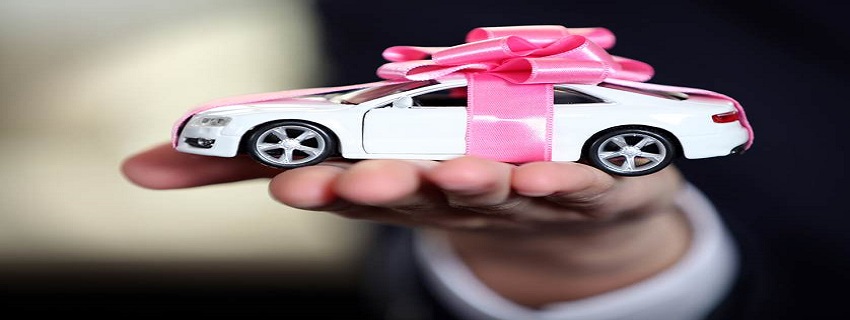What you need to know about Car Loans
Purchasing a car is a dream shared by majority of the middle class families who do not own one. This dream can be made a reality very easily in the present era thanks to the banks and financial institutions offering loans for buying cars. But since the advent of economic meltdown, the banks have become more cautious and laid out strict terms and conditions for sanctioning vehicle loans. However for individuals who can meet these conditions, getting a car loan passed is still very much a cakewalk.
How Car Loans help you?
Car loans are indeed a boon for people who wish to experience the luxury of travelling in a four wheeler but cannot afford to pay the entire price of the car at one go. Car loans provide the option to pay majority of the cost of the car in easy monthly installments (EMIs) which can be fixed at the time of applying for loan. Only 10 to 20 percentage of the price of the car need to be paid by the individual as down payment while purchasing the car.
How much it really costs you?
Apart from paying back the loan amount, what is going to cost you is the interest levied on it. Most banks propose two types of interest rates – the rack rate and the actual rate. The rack rate is the estimated rate of interest initially put forth by the bank. However, the customers can further negotiate on this rate and finalize on an actual rate of interest that they have to pay during the loan tenure.
Repayment tenure and Rate of Interest
Most banks offer repayment periods in the range of three years (36 months) to seven years (84 months). The longer the repayment period, the lower the monthly EMI to be paid. However a point to be considered here is that a higher amount will have to be shelled out by the individual as the interest for the period.
The rate of interest also varies on the type of interest scheme – fixed or floating. While most banks offer fixed interest rates, few banks also offer floating interest rates. The interest rates and the loan amount usually differ for used cars.
Discounts
The car dealers and financial institutions often provide various discounts to customers who choose to pay off the vehicle price by taking loans. The car manufacturers also offer discounts on certain models in order to push their sales. Most banks also come up with exciting deals on car loans during festivals to attract potential customers.
Special Schemes
The banks have introduced many special schemes for customers taking car loans.
0% finance scheme
A 0% finance scheme is perhaps the scheme which attracts most number of loan applicants. However, this scheme often comes with certain conditions such as a higher down payment and EMI, and is usually offered as a result of negotiation between the bank and the car dealer. Most often the interest that is deducted is usually made up with some other charges or the actual discount available on the car.
Balloon Scheme
In this scheme the banks offer the option of paying a bulk amount towards the end of the installment while paying an affordable EMI during the rest of the tenure. The customer is benefited as he does not have to pay a higher EMI at the start and can instead arrange for a bulk amount towards the end to clear off the due.
Bullet Repayment
In this scheme the customer can pay a bullet amounts as yearly installments and utilize excess funds to reduce the regular EMI. This scheme is suitable for people who expect some additional lump sum annual income like bonus etc.
Step Up Scheme
Some banks also offer increasing installment option where the customer has to pay a lower EMI initially, which increases gradually during the tenure. The borrower can plan for payments based on his future earnings.
Managing Car Loan Repayment
Here are few points to effectively manage the repayment of car loans
- Research to find out the different loan options available and the schemes offered by car dealers and banks for individuals taking loan.
- Check for interest rates – the racked rate as well as the actual interest rates, down payment amount, EMI, the loan tenure, service charge, foreclosure charges, processing fee charged and the time taken for the disbursement of loans by the banks before choosing the payment option that suits you the best.
- Look for discounts offered on all cars that fall under the category of car that you wish to purchase.
Though considering that car is a depreciable asset it really doesn’t make sense buying a car on loan and paying interest which actually increases the cost of your car yet a careful study of the car loan schemes available before selecting one will go long way in helping save a considerable amount of money on your car loan.





Pingback: Stephani Mitchel()